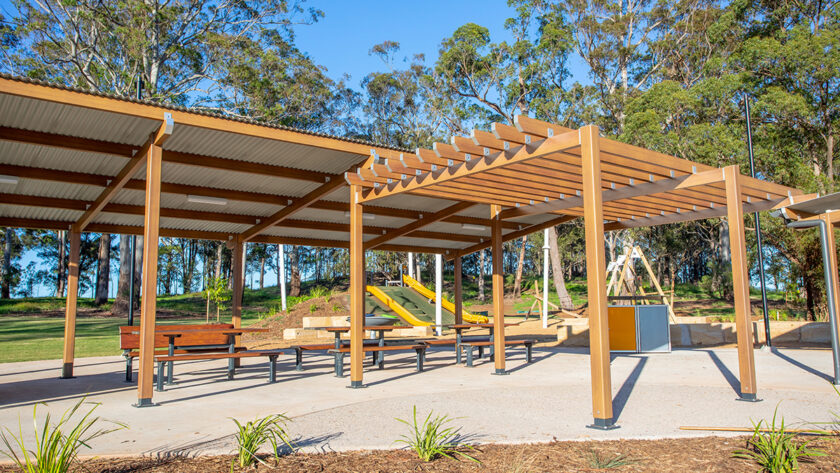Custom park shelters are essential for providing shade, comfort, and a gathering space in parks and recreational areas. Designing the perfect shelter involves careful planning, consideration of various factors, and selecting the right materials and features. Inspire Play custom park shelters offer a range of customizable options to meet the unique needs of any community. Here’s a comprehensive guide to help you create the ideal custom park shelter.
Assessing Your Needs
Determine the Purpose
The first step in designing a custom park shelter is to determine its primary purpose. Will it be used for picnics, community events, sports activities, or as a general gathering space? Understanding the intended use will help guide the design and features of the shelter.
Consider the Location
Evaluate the location where the shelter will be installed. Consider factors such as:
- Sun exposure and shade requirements
- Wind direction and protection
- Proximity to other park amenities
- Accessibility for all users
Estimate the Capacity
Determine how many people the shelter needs to accommodate. This will influence the size and layout of the structure. Consider future growth and potential increases in usage.
Design and Features
Choose the Right Materials
Selecting durable and weather-resistant materials is crucial for the longevity of your park shelter. Common materials include:
- Steel: Offers strength and durability, with minimal maintenance required.
- Wood: Provides a natural aesthetic but requires regular maintenance.
- Aluminum: Lightweight and resistant to rust and corrosion.
Roof Design
The roof design plays a significant role in the shelter’s functionality and appearance. Popular options include:
- Gable Roof: Classic design that provides excellent water runoff.
- Hip Roof: Offers a more modern look with good stability.
- Flat Roof: Simple and cost-effective, suitable for smaller shelters.
Customizable Options
Inspire Play offers a range of customizable options to enhance the functionality and aesthetics of your park shelter:
- Integrated seating and tables
- Lighting and electrical outlets
- Decorative elements and color choices
- Accessibility features such as ramps and wide entrances
Environmental Considerations
Incorporate sustainable practices into your shelter design by using eco-friendly materials and considering energy-efficient features such as solar panels for lighting.
Installation and Maintenance
Professional Installation
Ensure that the shelter is installed by professionals who can guarantee structural integrity and safety. Proper installation is crucial for the shelter’s durability and functionality.
Regular Maintenance
Implement a maintenance plan to keep the shelter in good condition. Regular inspections and cleaning will help identify and address any issues early on, prolonging the life of the structure.
Community Involvement
Gather Feedback
Involve the community in the planning process by gathering feedback on the design and features of the shelter. This ensures that the shelter meets the needs and preferences of its users.
Promote Usage
Once the shelter is installed, promote its usage through community events and activities. Encourage local groups and organizations to utilize the space for gatherings and events.
Conclusion
Creating the perfect custom park shelter requires careful planning, thoughtful design, and consideration of the community’s needs. Inspire Play custom park shelters provide a range of options to help you design a shelter that is both functional and aesthetically pleasing. By following this comprehensive guide, you can create a welcoming and versatile space that enhances the overall experience of your park or recreational area.





